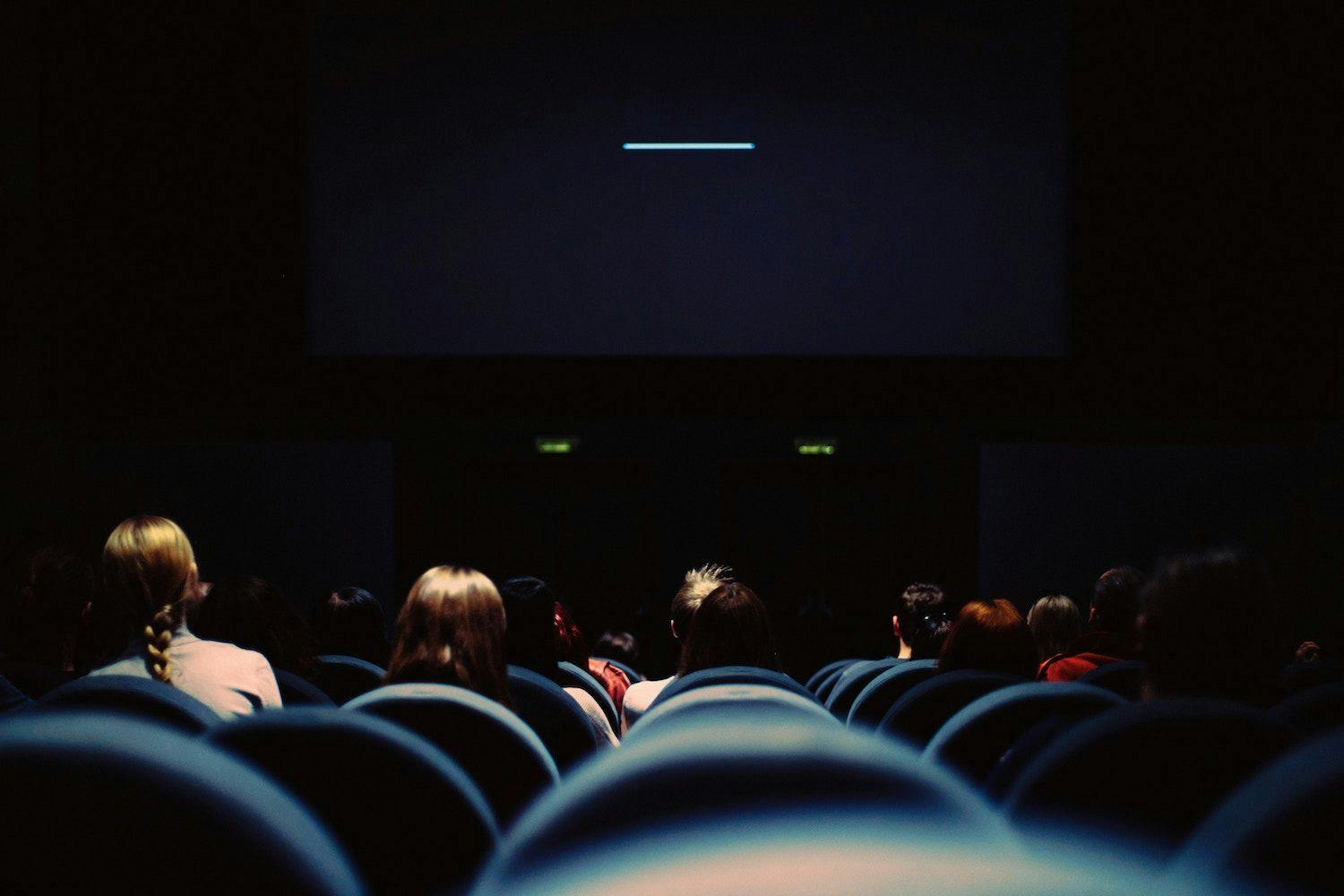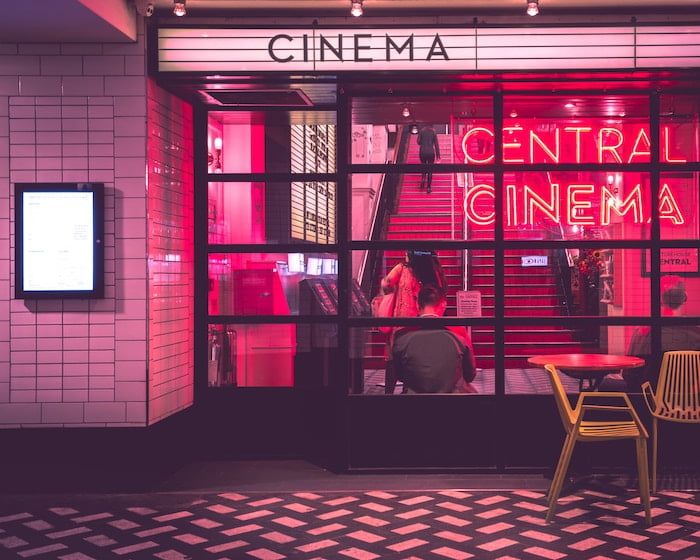
Going to the cinema? New research reveals cultural experiences like the cinema can boost memory, focus and creativity
If you haven’t made plans for this weekend yet, it’s worth checking out the latest showings at your local cinema because, according to new research, a trip to the cinema can actually be good for us - mentally and physically.
Released today by Vue and University College London (UCL), findings revealed that we can reap fascinating benefits by spending a few hours behind the big screen. Not only can heading to the cinema help us unwind and immerse ourselves fully into a new on-screen universe, but help us step away from the mounting pressure of being constantly online and ‘present’.
Through an academic experiment conducted by UCL’s Faculty of Experimental Psychology, a group of volunteers were tested with biometric sensors to see what happens to our minds and bodies during a two-hour film screening.
One group watched the 2019 live action adaptation of Disney’s Aladdin, while another acted as the control group, taking part in a comparable task of reading a novel for the same amount of time.
The data showed a noticeable increase in participants’ heart rates during the film, with viewers in the healthy heart-zone for 45 minutes (equivalent to a light form of cardio). However, as viewers watched the film, their heart rates became more closely aligned - often beating in unison. Skin conductance tests also showed that certain events in the film triggered an increase in emotional arousal levels.
In a world where it is increasingly difficult to step away from our devices, this level of sustained focus is good for us
Secondary research suggests that it is three unique elements of the cinema experience that drove the findings; the focused activity, the shared social focus, and the cultural element. Further analysis by UCL demonstrates these elements have proven long-term benefits on our overall brain function, including memory, focus and productivity.
“Cultural experiences like going to the cinema provide opportunities for our brain to devote our undivided attention for sustained periods of time. At the cinema specifically, there is nothing else to do except immerse yourself,” explained Dr Joseph Delvin, Professor of Cognitive Neuroscience at UCL.
“On top of this, our ability to sustain focus and attention plays a critical role in building our mental resilience, because problem-solving typically requires a concentrated effort to overcome obstacles. In other words, our ability to work through problems without distraction makes us better able to solve problems and makes us more productive.
“In a world where it is increasingly difficult to step away from our devices, this level of sustained focus is good for us.”

And it’s not just the experience of going to the cinema that offers these benefits. Activities with a shared social focus have been proven to boost our creativity, team performance and ability to bond with others, as well as reducing feelings of loneliness and depression.
As Tanya Goodin, Founder of Time to Log Off explains: “One of the symptoms of our smartphone-fixated culture is that we’re increasingly retreating into solitary experiences on our devices. It can hardly be surprising then that loneliness is on the rise for all age groups. One of the antidotes to this is a shared big screen experience, which has the power to bond us in a way that solitary screening never will.
“On top of this, through smartphone culture we’ve become more connected than ever and multitasking on many devices - or media-multitasking - has become the norm. While we often think this is productive, all the evidence shows this actually slows our brain’s performance down and lowers our IQ.
“For years, psychologists have known the positive effects of being completely immersed in an absorbing experience, or a ‘flow’ state. It’s restful and rejuvenating for our over-stimulated brains and it’s an experience exactly like getting lost in a film on the big screen.”
Of course, we’re all aware of the benefits that switching off can have on our mental health, but the cinema specifically is one of the only places left where you can step away from devices and truly switch off from the outside world.
While it’s easy to switch on your TV and half-watch, half-scroll through a film or television series, there’s nothing quite like grabbing a bag of popcorn and heading to the cinema - whether with friends, family or on your own - for some time to truly unwind and immerse yourself into a whole new adventure.
The findings come as Vue launches manifesto film, Get Lost. Aiming to show viewers just how valuable it is to get lost in a great story, it is a precious and necessary escapism that enriches our everyday lives.

